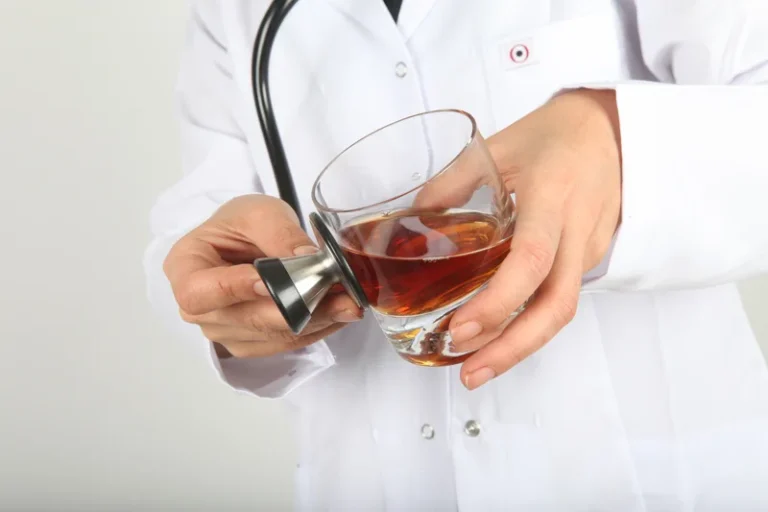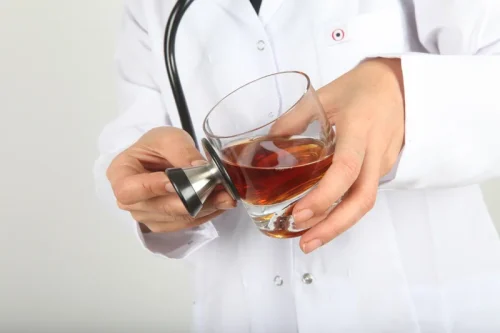How to Write Your Addiction Story: Craft & Share Success

Choose the right moment to share your story and support others on their path. In summary, storytelling in recovery serves both as a therapeutic tool for the storyteller and as a source of inspiration and healing for the audience. For those who’ve never been to an AA meeting before, there’s a misconception that you have to share your story.

How to Recognize the Signs of a Mental Health Disorder
Dive into startling addiction to cell phone statistics & facts, impacts, and strategies to cut back. Discover the transformative journey at Derry Rehab Center for drugs and alcohol, your beacon of hope. Navigate the twists and turns of the recovery process with our comprehensive roadmap to redemption. Discover how do drugs affect brain chemistry, revealing the truth behind addiction and pathways to recovery.
- Anyone who has been addicted to drugs or alcohol will likely also have a hard time with healthy relationships and managing emotions.
- It should provide relatable advice on how to cope during the journey towards sobriety.
- These narratives can give insight into the complex nature of addiction and mental health, leading to an inclusive and supportive society.
- By speaking about their journey, they show progress and raise hope in others.
- Discover how do drugs affect brain chemistry, revealing the truth behind addiction and pathways to recovery.
How to Develop Effective Communication Skills in Recovery

Being mindful of the way the journey works can keep you from losing hope. When a person is addicted to drugs, it can impact their ability to make decisions, their memory, and their behavior. And all of those factors impact the unpredictable nature of the recovery process. Listening to your story can be a tremendous encouragement to those who are struggling with a related issue. Not only does it confirm they are not alone, your story can also give them hope for their own journey. If they see someone walking the path, it may not seem as overwhelming to take the first step themselves.
Key takeaway:

Storytelling is a big part of healing for those dealing with addiction. Members of Alcoholics Anonymous can find comfort and help by sharing their stories. Through storytelling, those in recovery make connections with their community. Using storytelling as a marketing tool allows rehab centers to create connections with their target audience. Relatable experiences let those in rehab or who need treatment to connect on an emotional level.
Connection Helps Us All On Our Recovery Journey

One person shared this benefit via the Wellness Recovery Action Plan (WRAP); they explained that even if one person is inspired by your story, it’s sharing your story to help others a success. Many people who’ve battled addiction feel as though they’re the only ones who’ve had the challenges they’ve gone through – and sometimes it can feel lonely. ” Even when we don’t realize it, it’s this type of thinking that perpetuates further isolation, when truly we all go through pain.
Crucial Symptoms of Alcoholism Revealed
Don’t be scared to show your emotions — it can help what is Oxford House you work out things you’re still processing. Discover the truth about alcohol recovery rates, treatment options, and the factors influencing success. Having a loved one who is suffering from substance use disorder is an incredibly difficult process to go… Gain a deeper understanding of what are psychotic breaks, their causes, symptoms, and treatments. Unravel the surprising connection between OCD and addiction, exploring causes, effects, and treatment options.